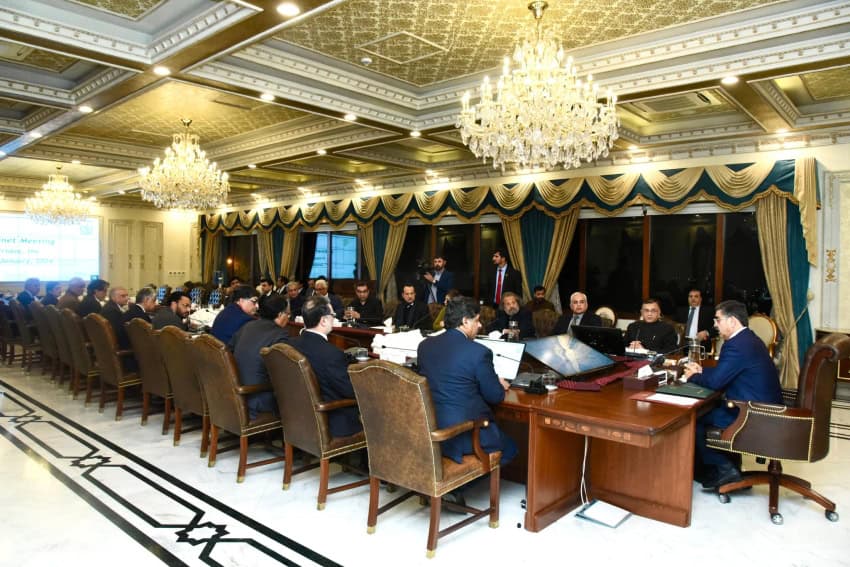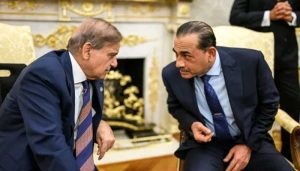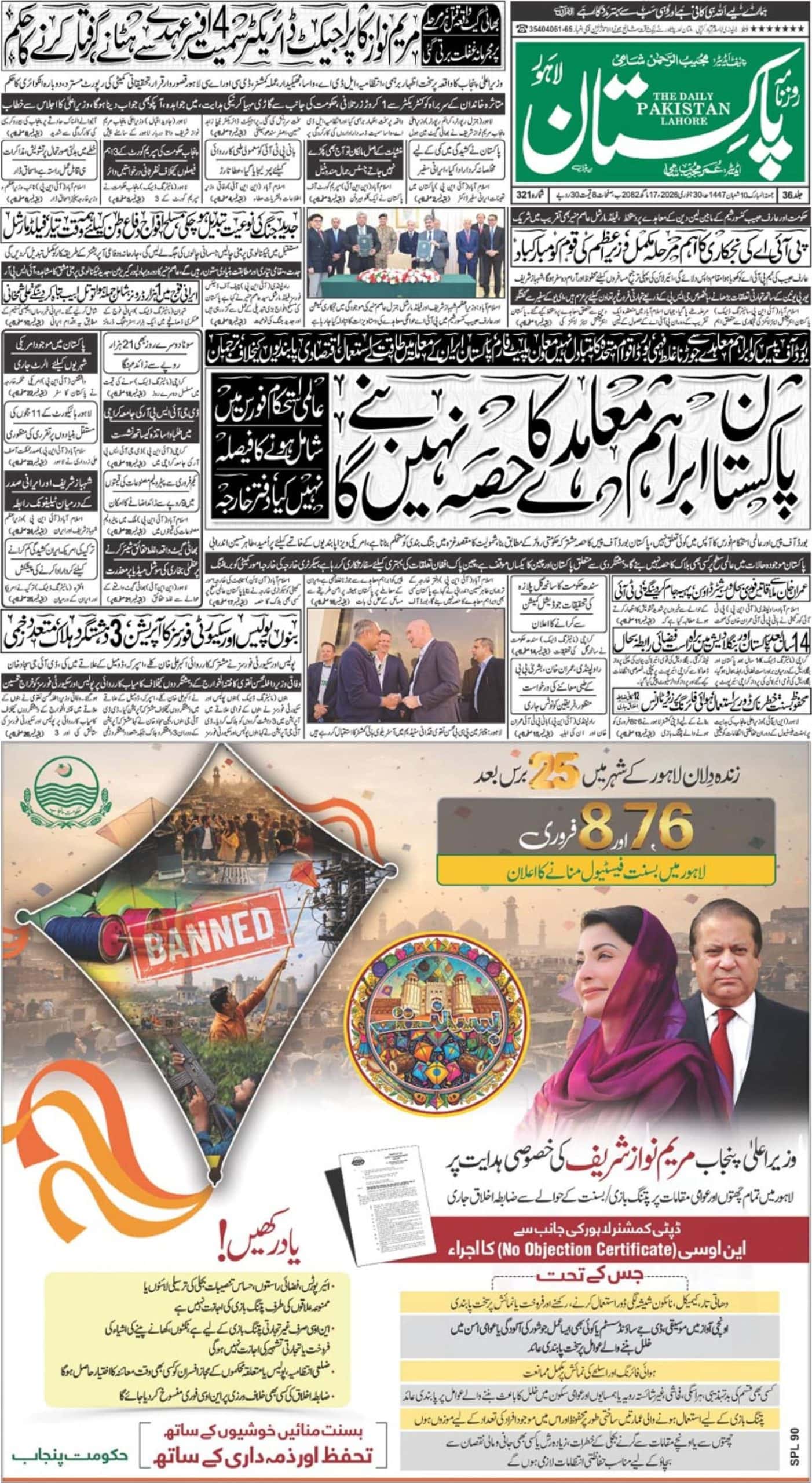ISLAMABAD – The government of Pakistan has decided to restore diplomatic relations with Iran, the Pakistan prime minister’s office said on Friday.
The decision was made during separate meetings of Pakistan’s federal cabinet and top security body, the National Security Committee (NSC), to deliberate upon the matters.
“It was in the interest of both countries to take steps to restore the relationship to what it was prior to 16th January,” Pakistan PM Anwaar-ul-Haq Kakar’s office said in a statement after the federal cabinet meeting.
“In this regard, Pakistan would welcome and reciprocate all positive measures from the Iranian side.”
Pakistan, Iran agree to de-escalate tension after tit-for-tat strikes
During the cabinet meeting, officials briefed participants about details of the attack from the Iranian side as well as Pakistan’s response to it, according to the statement. The cabinet lauded the high professionalism with which Pakistani forces responded to the “breach of the Pakistan’s sovereignty.”
PM Kakar said Pakistan was a law-abiding and peace-loving country and it sought friendly and cooperative relations with all countries, particularly its neighbors, according to his office.
Caretaker Prime Minister Anwaar-ul-Haq Kakar Chaired a Meeting of the Caretaker Federal Cabinet
The Ministry of Foreign Affairs briefed the Caretaker Federal Cabinet about the situation arising from the Iranian attack on Pakistan on 16 January 2024.
The Cabinet acknowledged the… pic.twitter.com/O7QpYnMPfO
— Government of Pakistan (@GovtofPakistan) January 19, 2024
Prior to the cabinet meeting, the NSC undertook a wholesome review of the situation and lauded the “professional, calibrated and proportionate” response by the Pakistani forces against the “unprovoked” violation of Pakistan’s sovereignty, according to a statement issued after the NSC meeting.
On Tuesday, Iran had launched attacks in Pakistan targeting what it described as bases for the militant group Jaish al-Adl in the border town of Panjgur in Balochistan. In protest against the Iranian strikes, Pakistan terminated all diplomatic ties with Iran and called back its ambassador to Tehran.
The next day, Pakistan struck “hideouts used by terrorist organisations namely Balochistan Liberation Army (BLA) and Balochistan Liberation Front (BLF)” in Iran’s Sistan-Baluchestan province, in an intelligence-based operation codenamed ‘Marg Bar Sarmachar’.
Iran had condemned the strikes, and summoned Pakistan’s charge d’affaires “to protest and request an explanation from the Pakistani government”, a statement by foreign ministry spokesman Nasser Kanani had said.
However, the Iranian foreign ministry later said in a press release that it was committed to good neighbourly relations with Pakistan while condemning what it said was an “unbalanced and unacceptable drone attack on non-Iranian villagers”.
Following Pakistan’s tit-for-tat response to Iran’s missile attack, caretaker Prime Minister Anwaarul Haq Kakar, who was in Switzerland for the 54th annual meeting of the World Economic Forum (WEF), decided to cut short his visit.














